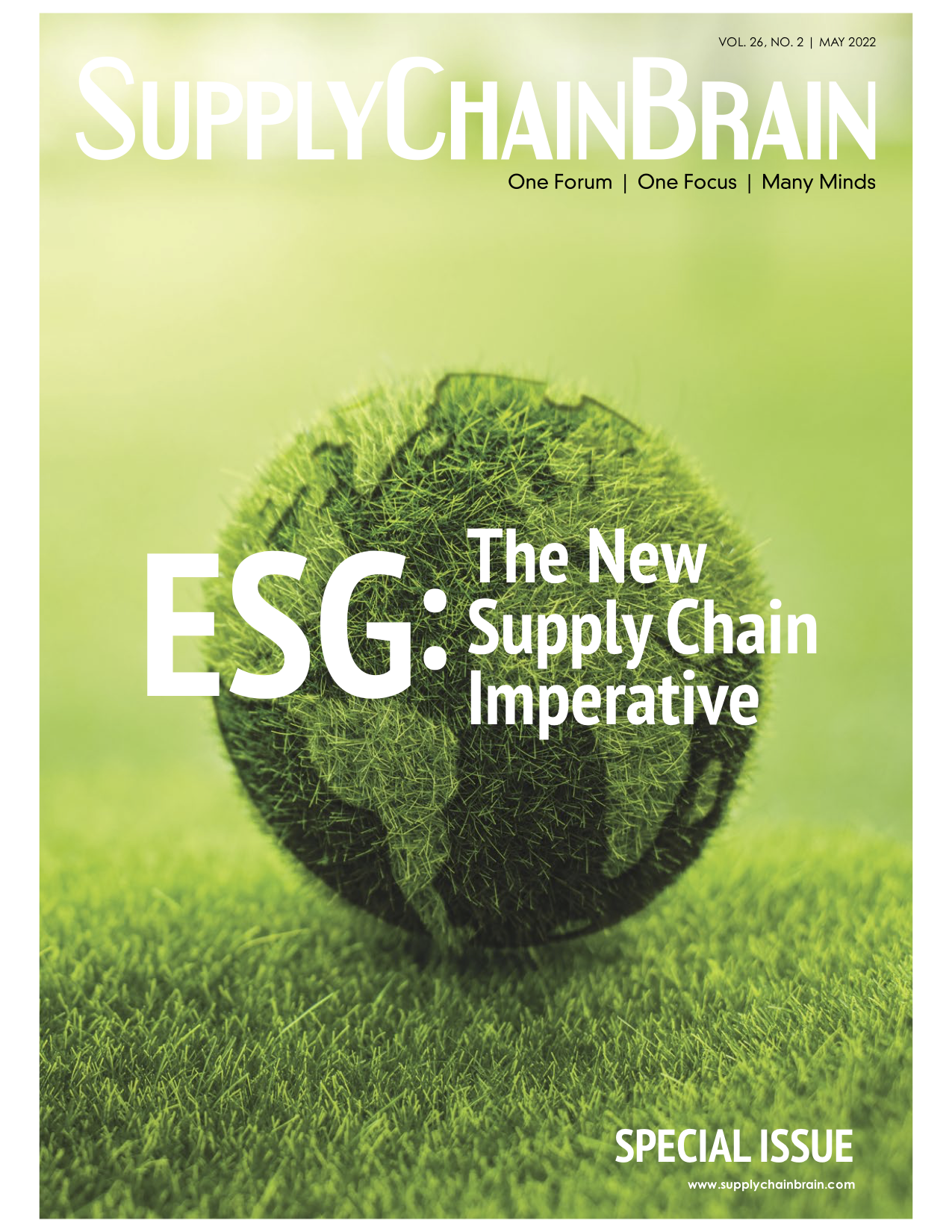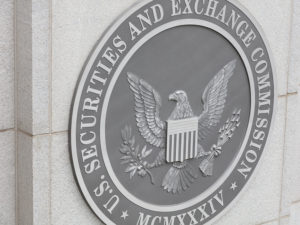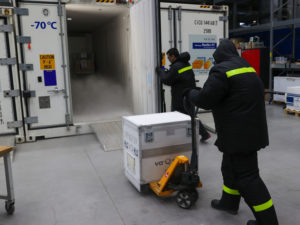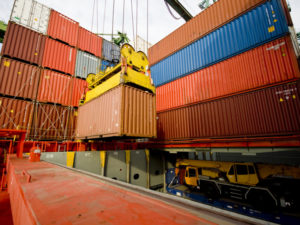- LOGISTICS
- TECHNOLOGY
- All Technology
- Artificial Intelligence
- Cloud & On-Demand Systems
- Data Management (Big Data/IoT/Blockchain)
- ERP & Enterprise Systems
- Forecasting & Demand Planning
- Global Trade Management
- Inventory Planning/ Optimization
- Product Lifecycle Management
- Robotics
- Sales & Operations Planning
- SC Finance & Revenue Management
- SC Planning & Optimization
- Supply Chain Visibility
- Transportation Management
- GENERAL SCM
- Business Strategy Alignment
- Customer Relationship Management
- Education & Professional Development
- Global Supply Chain Management
- Global Trade & Economics
- Green Energy
- HR & Labor Management
- Quality & Metrics
- Regulation & Compliance
- Sourcing/Procurement/SRM
- SC Security & Risk Mgmt
- Supply Chains in Crisis
- Sustainability & Corporate Social Responsibility
- WAREHOUSING
- INDUSTRIES
- THINK TANK
- WEBINARS
- PODCASTS
- WHITEPAPERS
- VIDEOS
Home » Publications » Supply Chain Brain Magazine
Our Publications
Please select a publication below.
Supply Chain Brain Magazine

2022 Supply Chain ESG Guide
Volume: 26
Edition: 2
Featured
Back to TopMOST-READ ARTICLES OF 2022
Get Ready for the Next Phase of ESG: Mandatory Corporate Due Diligence
May 17, 2022
Environmental
Back to TopSocial
Back to TopGovernance
Back to TopSpecial Reports
Back to TopSubscribe to our Daily Newsletter!
Timely, incisive articles delivered directly to your inbox.
Popular Stories
Case Studies
-
Recycled Tagging Fasteners: Small Changes Make a Big Impact
-

Enhancing High-Value Electronics Shipment Security with Tive's Real-Time Tracking
-

Moving Robots Site-to-Site
-
JLL Finds Perfect Warehouse Location, Leading to $15M Grant for Startup
-
Robots Speed Fulfillment to Help Apparel Company Scale for Growth
- LOGISTICS
- TECHNOLOGY
- All Technology
- Artificial Intelligence
- Cloud & On-Demand Systems
- Data Management (Big Data/IoT/Blockchain)
- ERP & Enterprise Systems
- Forecasting & Demand Planning
- Global Trade Management
- Inventory Planning/ Optimization
- Product Lifecycle Management
- Robotics
- Sales & Operations Planning
- SC Finance & Revenue Management
- SC Planning & Optimization
- Supply Chain Visibility
- Transportation Management
- GENERAL SCM
- Business Strategy Alignment
- Customer Relationship Management
- Education & Professional Development
- Global Supply Chain Management
- Global Trade & Economics
- Green Energy
- HR & Labor Management
- Quality & Metrics
- Regulation & Compliance
- Sourcing/Procurement/SRM
- SC Security & Risk Mgmt
- Supply Chains in Crisis
- Sustainability & Corporate Social Responsibility
- WAREHOUSING
- INDUSTRIES
- THINK TANK
- WEBINARS
- PODCASTS
- WHITEPAPERS
- VIDEOS

















